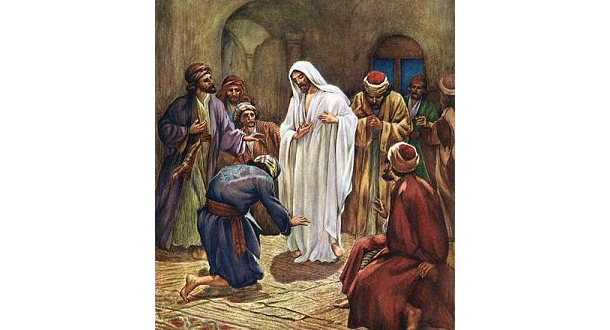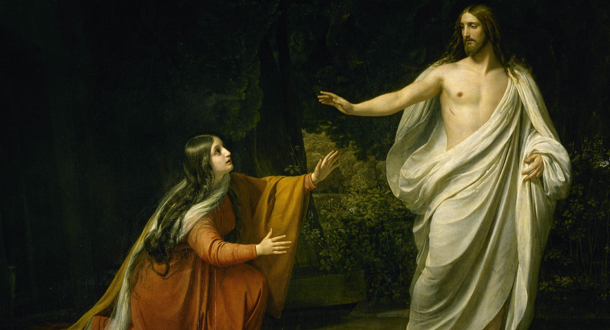 Scripture:
Scripture:
2 Timothy 1:1-3, 6-12
Mark 12:18-27
Reflection:
Most of us have heard the G K Chesterton quote, “Christianity has not failed; it has not even been tried.” Is this what Paul is saying to Timothy? Paul, after announcing that he was an apostle of Christ, wrote Timothy to “stir into flame” the gift of the Spirit which had been given to him when Paul laid his hands on him. Perhaps Timothy, hearing that Paul was imprisoned because of his preaching, hesitated to be a public witness and wanted to withdrawn from ministry because he didn’t want to be ridiculed or end up in prison because of his faith in Christ. Timothy, young in the faith, needed Paul’s encouragement to be bold rather than allowing fears to control his life. Avoiding ridicule is a strong temptation we all face. Who wants to be embarrassed or humiliated in front of others? Paul tells Timothy to overcome this fear by reminding him of the gifts of power, love and self-control that the Holy Spirit has implanted in his heart. The gifts of the Spirit can lie dormant unless we exercise them regularly and make them an active element in our lives. Timothy can be an effective witness to the Resurrection of Christ if he would move through his fears. Notice, Paul does not tell Timothy to deny his fears but to move courageously through them.
Courage isn’t about having no fear. It’s about being afraid and doing what needs to be done anyway. Like Timothy we have our fears. We can fear loss or failure. We can fear death. We can fear rejection or criticism. We can fear uncertainty. We can fear heights. We can fear many things about life. Paul reminds us that our task is to acknowledge the fears, and then to run past them with the courage of the Holy Spirit and do what needs to be done. Maya Angelou likens the process of developing courage to exercising and strengthening a muscle: “I don’t believe anyone is born with courage. You develop it in small ways.” The gifts of the Spirit can lie dormant unless we exercise them regularly and make them an active dynamic in our lives.
Fr. Don Webber, C.P., is the Director of the Office of Mission Effectiveness and resides in Chicago.

 Scripture:
Scripture:
 Scripture:
Scripture: Scripture:
Scripture:

 Scripture:
Scripture: